If you've ever worked with electrical connections or automotive components, it's a term you've likely heard before. But what exactly is dielectric grease, and how does it work?
Dielectric grease such as Superlube 91003 is a type of silicone-based grease that is specifically designed to insulate and protect electrical connections from moisture, corrosion, and other contaminants. It provides a barrier that prevents water and other substances from seeping into sensitive electrical components, helping to prolong their lifespan and ensure optimal performance.
Common uses of dielectric grease
Dielectric grease has a wide range of applications in various industries, from automotive to home electrical installations. Here are some common uses of dielectric grease:
1. Automotive applications: Dielectric grease is commonly used in automotive electrical systems. It is applied to spark plug wires, battery terminals, ignition coils, and other electrical connections to protect them from moisture and corrosion. This helps to ensure reliable ignition, optimal engine performance, and extended component lifespan.
2. Home electrical fittings: Dielectric grease can be used in home electrical fittings such as light bulbs, circuit breakers, switches, and outlets. It helps to prevent moisture ingress and corrosion, ensuring a secure and reliable electrical connection. This is particularly important in areas with high humidity or where water exposure is likely.
3. Marine applications: Due to its ability to withstand moisture and corrosion, dielectric grease is commonly used in marine electrical systems. It offers protection for electrical connections on boats, yachts, and other watercraft, where exposure to saltwater and other harsh conditions is a concern.
4. Outdoor electrical installations: Dielectric grease can be used for outdoor electrical installations, such as landscape lighting, outdoor outlets, and electrical connections for outdoor equipment. It helps to protect against moisture, dust, and other environmental contaminants, ensuring long-lasting and reliable electrical connections.
Benefits of using dielectric grease
Using dielectric grease offers several benefits for electrical connections. Here are some key advantages:
1. Moisture protection: Dielectric grease forms a water-resistant barrier that prevents moisture from entering electrical connections. This is crucial in environments where moisture exposure is common, as it helps to prevent corrosion and electrical malfunctions.
2. Corrosion prevention: By creating a protective layer, dielectric grease helps to inhibit the formation of rust and corrosion on electrical connections. This extends the lifespan of the components and ensures consistent electrical performance.
3. Enhanced electrical conductivity: Dielectric grease improves electrical conductivity by filling in gaps and voids, reducing resistance and voltage drops. This leads to improved overall performance and reliable electrical connections.
4. Temperature resistance: Dielectric grease can withstand high temperatures, making it suitable for use in applications where heat is a concern. It remains stable even when exposed to extreme temperatures, ensuring long-lasting protection and performance.
5. Easy application: Applying dielectric grease is a straightforward process. It can be easily spread onto electrical connections using a small brush or applicator. Its thick consistency allows for easy and precise application, ensuring complete coverage.
6. Versatility: Dielectric grease is compatible with a wide range of materials, including metals, rubber, plastics, and insulating materials. This makes it suitable for use on various electrical connections and components.
Frequently asked questions about dielectric grease
1. Can dielectric grease be used on all electrical connections?
Dielectric grease is generally safe to use on most electrical connections. However, it is important to check the compatibility of the grease with the specific materials used in your application.
2. Can dielectric grease fix existing electrical connection issues?
Dielectric grease is primarily used as a preventive measure to protect electrical connections from moisture and corrosion. While it may help improve the performance of existing connections, it cannot fix electrical issues caused by other factors.
3. How often should dielectric grease be reapplied?
The frequency of reapplication depends on the specific application and environmental conditions. Periodically inspect the electrical connections and reapply dielectric grease as needed, especially in high-moisture or high-temperature environments.
4. Is dielectric grease the same as silicone grease?
Dielectric grease is a type of silicone-based grease. While silicone grease can have various formulations and uses, dielectric grease is specifically designed for electrical applications.
Conclusion: The importance of dielectric grease in electrical applications
Dielectric grease is a versatile and essential product for protecting electrical connections from moisture, corrosion, and other contaminants. Its ability to insulate, lubricate, and prevent electrical malfunctions makes it indispensable in various industries, from automotive to home electrical installations.
By understanding the uses and benefits of dielectric grease, you can make informed decisions about when and where to apply it. Whether you're working on your car's electrical system or installing outdoor lighting, dielectric grease can help ensure reliable and long-lasting electrical connections.
Remember to choose the right dielectric grease for your specific needs, follow proper application techniques, and prioritize safety precautions. With dielectric grease as your ally, you can safeguard your electrical connections and enjoy improved performance and peace of mind.

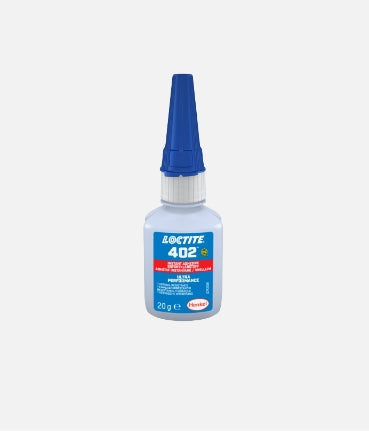
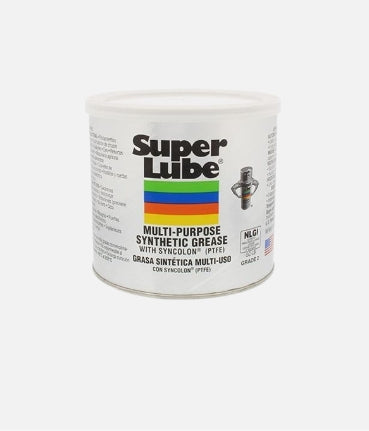
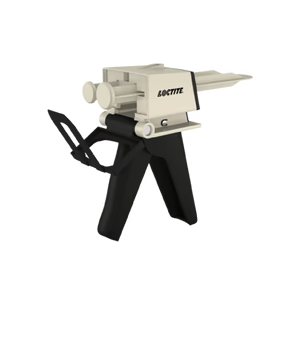
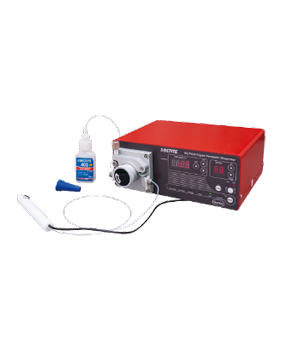
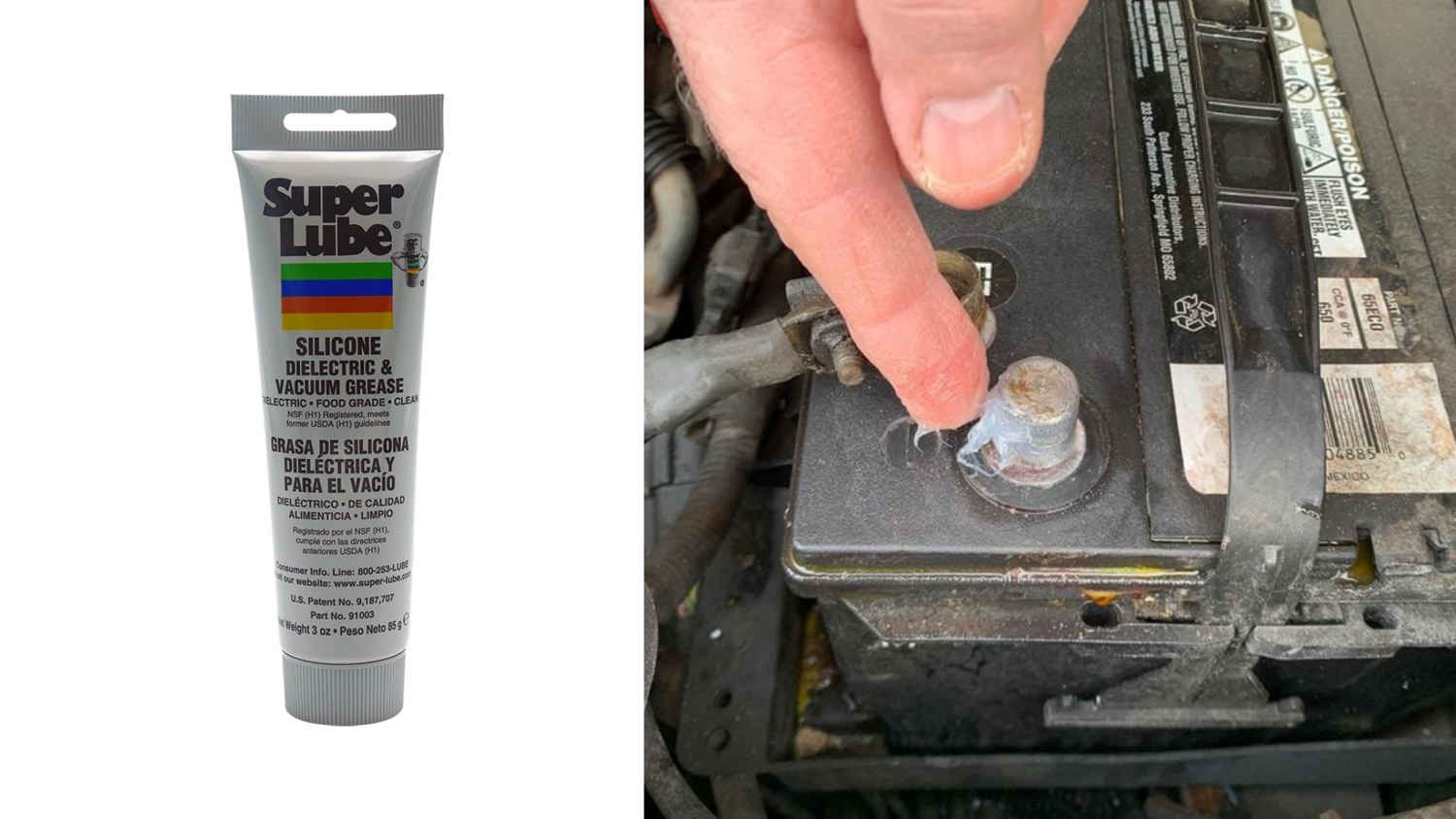
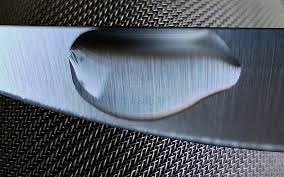
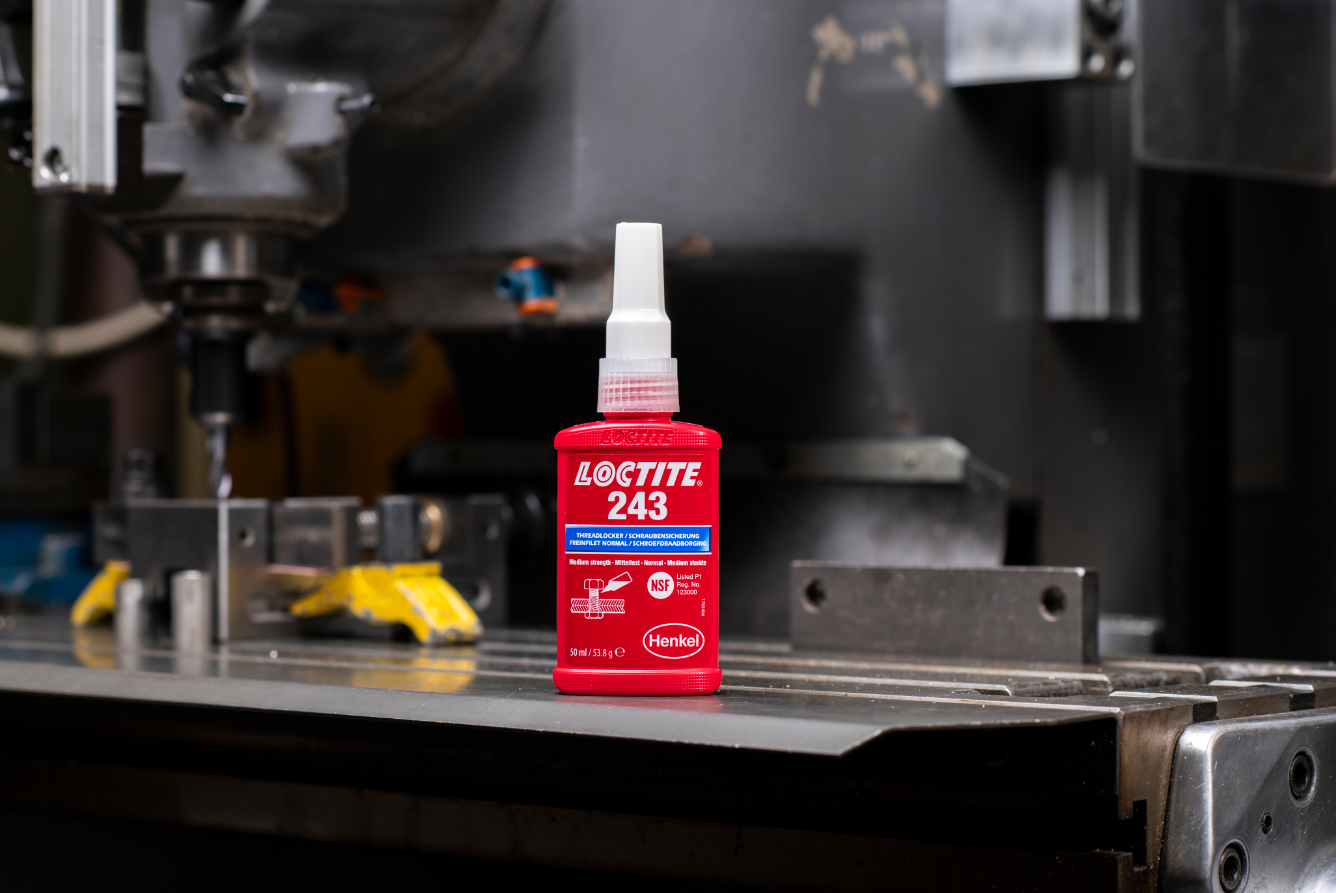
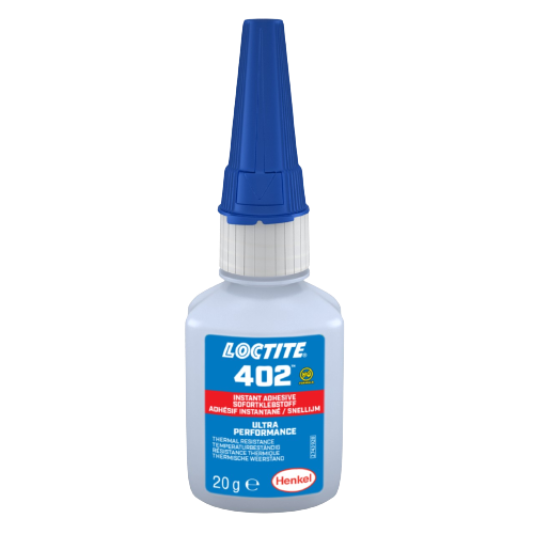
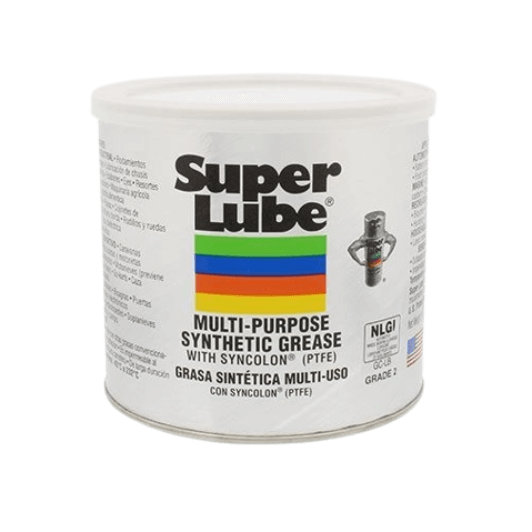
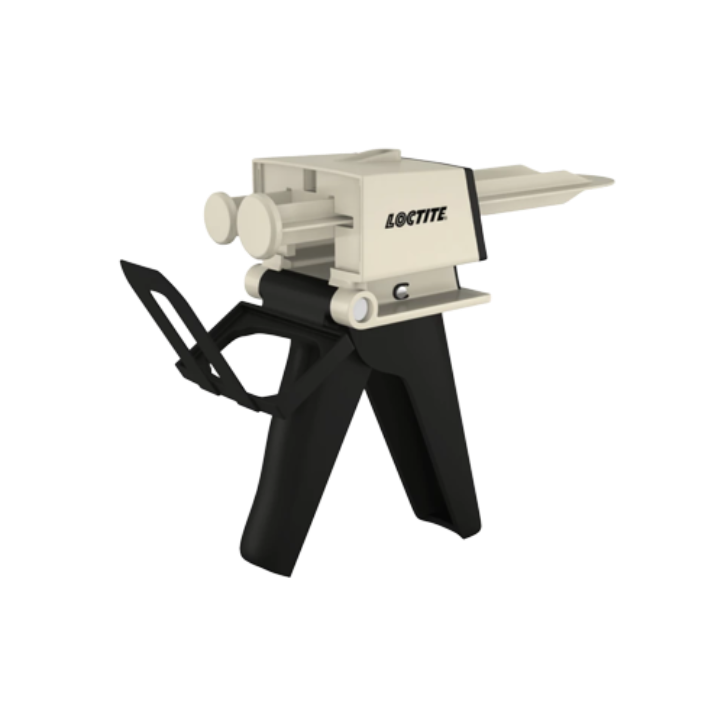
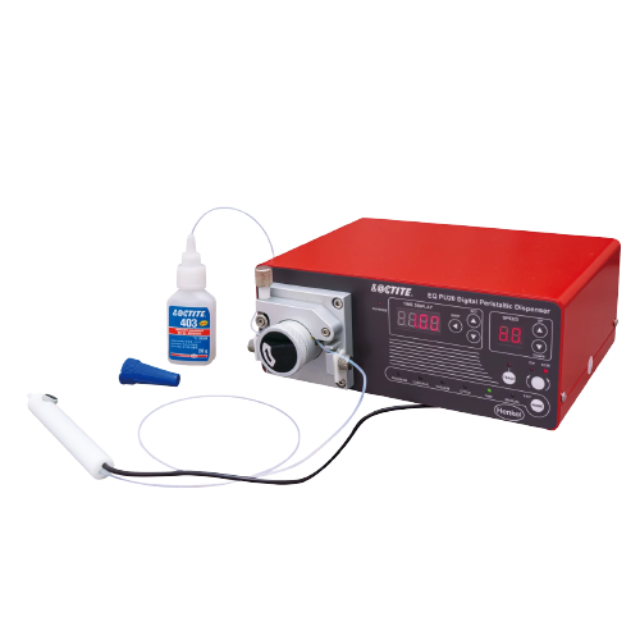
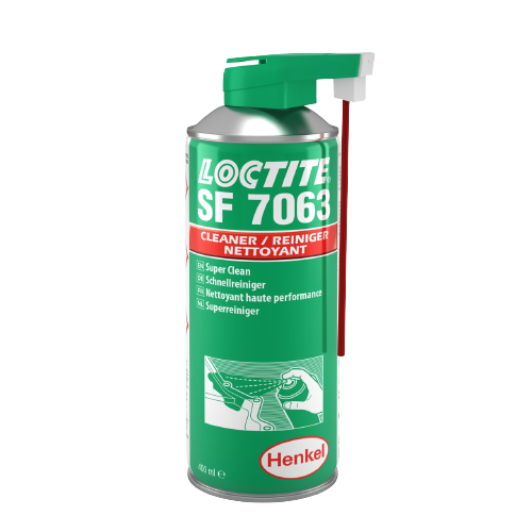
Leave a comment
All comments are moderated before being published.
This site is protected by reCAPTCHA and the Google Privacy Policy and Terms of Service apply.